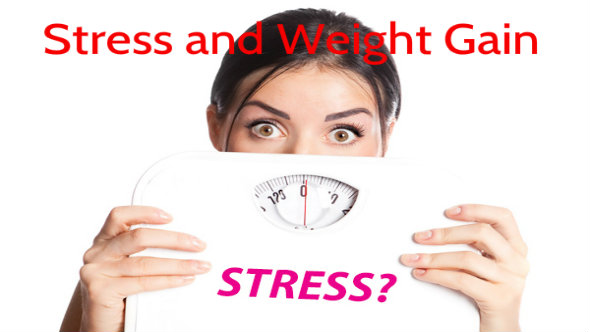Can Stress Cause Weight Gain?
Stress could be one of the culprits. It plays a role in weight gain. While it can make you have less of an appetite at first, long-term “chronic” stress actually boosts your hunger.

Cortisol and Comfort Foods. Levels of “the stress hormone,” cortisol, rise during tension-filled times. This can turn your overeating into a habit. Because increased levels of the hormone also help cause higher insulin levels, your blood sugar drops and you crave sugary, fatty foods.
Most of us become over-eaters when we’re feeling a lot of pressure. Once your body reaches a certain stress level, it does what it feels it needs to. In most cases, that means overeat.
Why? Because your body thinks you’ve used calories to deal with your stress, even though you haven’t . As a result, it thinks you need to replenish those calories, even though you don’t.
Cortisol and Comfort Foods
Levels of “the stress hormone,” cortisol, rise during tension-filled times. This can turn your overeating into a habit. Because increased levels of the hormone also help cause higher insulin levels, your blood sugar drops and you crave sugary, fatty foods.
So instead of a salad or a banana, you’re more likely to reach for cookies or mac and cheese. That’s why they’re called “comfort foods.”
Eating can be a source of solace and can lower stress.
“This happens, in part, because the body releases chemicals in response to food that might have a direct calming effect.”
Fatty and sugary foods are usually the big culprits, because lots of us have such a strong love for them.
The bottom line?
“More stress = more cortisol = higher appetite for junk food = more belly fat.
At this state, you don’t realize it until you gain those extra pounds. If it goes unchecked, weight gain may lead to diabetes, stroke, heart disease or high blood pressure.


With thanks! Valuable information!